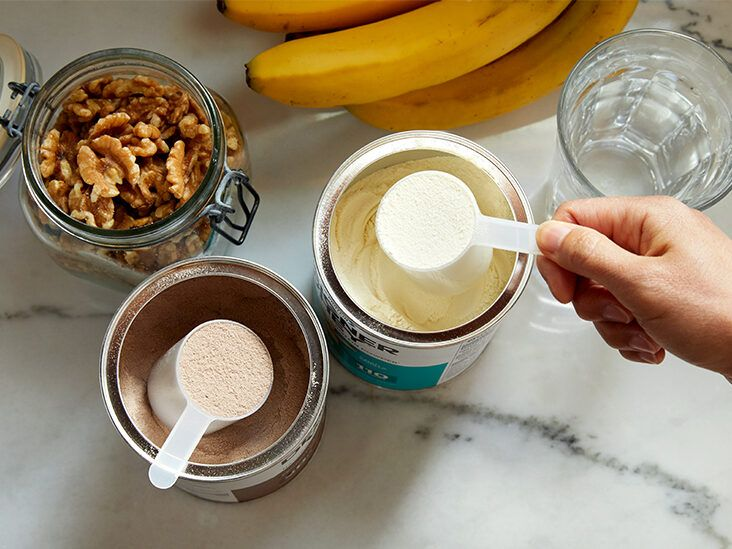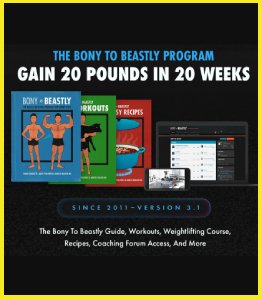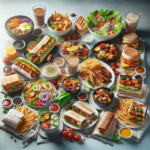
Gaining weight in a healthy and sustainable way requires more than just eating high-calorie foods; the focus should be on nutrient-dense options that offer essential proteins, healthy fats, and complex carbohydrates. The challenge of healthy weight gain often mirrors the difficulty others face in losing weight, making consistency and planning vital aspects of this journey. For many people looking to increase body weight or build muscle, eating more calories than they burn consistently, while choosing foods that optimize nutritional benefit, is the foundation of an effective strategy.
A key element in any successful weight gain plan is the inclusion of quality protein sources. Homemade protein smoothies are an excellent way to pack in both calories and nutrients while giving individuals control over ingredients to match their nutritional needs and taste preferences. Mixing protein powder with milk or its alternatives and adding fruits, nut butters, or vegetables can yield smoothies providing 400 to 600 calories along with a substantial amount of protein and an array of vitamins and minerals.
In addition to smoothies, dairy milk serves as a time-tested choice for gaining weight and supporting muscle growth. It contains both whey and casein proteins, along with carbohydrates and fats, making it particularly useful for post-workout recovery and muscle protein synthesis. Research highlights the effectiveness of cow’s milk for building lean mass when combined with resistance training. Drinking one cup of whole milk as a snack or alongside meals can add roughly 150 calories and 8 grams of protein every time.
Carbohydrates play a pivotal role in increasing calorie intake, and rice stands out as an accessible, calorie-dense option. One cup of cooked white rice delivers over 200 calories and nearly 45 grams of carbohydrates, making it ideal for those who struggle with appetite or feel full quickly. Rice pairs seamlessly with proteins, vegetables, and healthy fats to create diverse and satisfying meals. Adding toppings like butter, cheese, and various seeds or nuts further boosts the calorie content while maintaining nutrient diversity.
Nuts and nut butters are another powerhouse for healthy weight gain. Just a small handful of almonds contributes around 170 calories, healthy fats, and protein. Incorporating nut butter into snacks and dishes—from smoothies to yogurts and sandwiches—offers an easy way to elevate calorie intake. The key is to use pure nut butter without added sugars or oils for optimal health benefits.
When it comes to building muscle, red meats are highly effective due to their complete protein profile and abundance of leucine, a crucial amino acid for muscle protein synthesis. Fattier cuts provide extra calories, helping individuals surpass their daily energy requirements. Red meats are also a natural source of creatine, further supporting muscle mass and strength, though moderation is recommended due to potential health risks associated with high consumption.
Complex carbohydrates such as potatoes, oats, quinoa, beans, and legumes not only add essential calories but also deliver vitamins, minerals, and dietary fiber. Including complex carbs in the diet helps support steady energy levels and enhances muscle glycogen stores—the primary fuel source for physical activity. Adding healthy fats like olive oil or cheese to these carbohydrates increases both taste and calorie density.
Salmon and other oily fish are among the best options for those aiming to gain weight while maintaining overall wellness. These fish are rich in omega-3 fatty acids, which are beneficial for heart health and may help reduce inflammation. A typical serving of oily fish like salmon offers over 150 calories and provides high-quality protein that assists in muscle development. Various preparation methods—grilling, baking, sautéing, or incorporating smoked fish into salads—make it simple to enjoy oily fish regularly.
Protein supplements, including whey, soy, egg, and pea protein powders, are valuable tools, especially for athletes or those with busy lifestyles. They can help meet elevated protein needs, improve lean body mass, and support strength gains when paired with resistance exercise. Adding protein powder to smoothies, oatmeal, or even cooked dishes provides substantial nutritional flexibility and ensures adequate protein intake.
Dried fruits are an easy and portable way to boost daily calorie intake. Dense in sugars, fiber, and antioxidants, they pair well with protein sources like cheese or yogurt, creating nutrient-rich snacks. Two Medjool dates alone can provide over 100 calories, and filling them with nut butter or cream cheese enhances both energy and nutrient density.
Whole grain bread offers a versatile foundation for high-calorie meals. When paired with proteins such as eggs, meats, or cheeses, whole grain bread provides fiber, steady energy, and essential nutrients while encouraging creative and substantial eating options.
Avocados deserve a special place in any weight gain regimen. Unlike most fruits, avocados are rich in heart-healthy fats and boast a high calorie content—one large avocado contains about 365 calories and 30 grams of fat. Their creamy texture and mild flavor make them easy to incorporate into toast, salads, wraps, and even desserts.
Cereals and granolas made from whole grains are not only convenient but also calorie-dense, particularly when cooked with whole milk and topped with nuts, dried fruits, seeds, or honey. Ready-to-eat cereals can also improve nutrient intake, which has been shown to be associated with reduced risk for high blood pressure and better blood sugar management.
Cereal bars provide a quick and portable solution for increasing calories, particularly before or after workouts. With many brands providing 150 to 200 calories per bar, combining them with protein-rich foods makes them highly effective for busy individuals aiming for weight gain.
Dark chocolate is a sweet, calorie-dense treat that delivers antioxidants, fiber, magnesium, and numerous micronutrients. Opting for varieties with at least 70% cacao content maximizes its health benefits. Incorporating dark chocolate into snacks or pairing it with fruits, nuts, or yogurt delivers both pleasure and nutritional value.
Cheese is another excellent food for weight gain, supplying fats, protein, and a wide range of flavors. Its versatility allows it to be added to countless dishes, from sandwiches to casseroles, and to be blended into sauces or melted onto vegetables and grains for extra taste and caloric punch.
Eggs excel in supporting muscle growth and offer a combination of high-quality proteins and fats. Eating whole eggs ensures the intake of essential nutrients concentrated in the yolk. They are highly versatile, suitable for boiling, frying, poaching, or baking, and can be included in numerous meal types throughout the day.
Greek yogurt made from whole milk is thick, creamy, and especially rich in protein and fats. It serves as a filling snack or meal component when layered with fruits, granola, nuts, or seeds. Yogurt is also easy to incorporate into smoothies, savory dips, or breakfast bowls.
For those seeking to quickly enhance their calorie intake, fats and oils such as olive, walnut, avocado, or coconut oil offer unparalleled calorie density. Just a tablespoon of oil can add more than 100 calories to any dish, and oils can be drizzled over salads, stirred into grains, or used in cooking to fortify food with healthy fats.
A successful weight gain approach is rooted in consistency, variety, and nutrient concentration. It’s important to eat more often—focusing on calorie-dense, nourishing foods—rather than simply increasing portion size at main meals. Everyone’s body responds differently, and talking to a healthcare provider or dietitian can help tailor a plan to individual health goals and needs. Ultimately, combining resistance training with high-calorie, nutrient-rich foods is the most effective path for building muscle while minimizing excess fat gain. Selecting foods that fit personal preferences, cultural eating habits, and budget helps ensure adherence to a healthy weight gain plan over time.







Leave a Reply